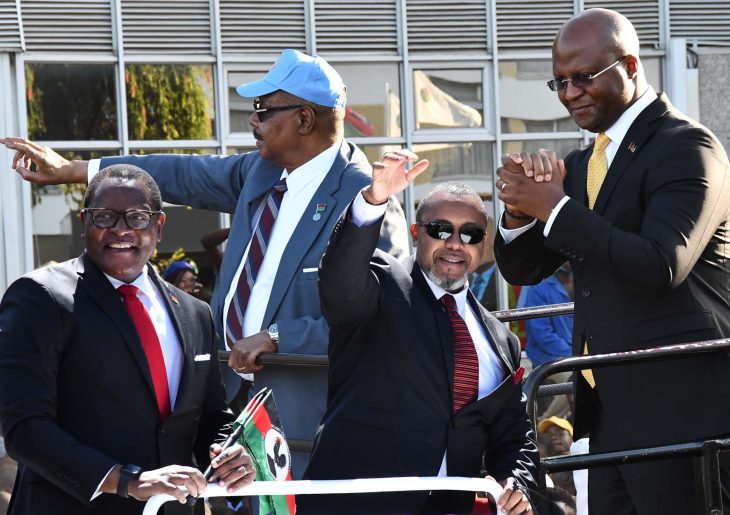
Revitalizing Malawi’s Economy: Key Strategies for Sustained Growth and Prosperity
Key Business Points
- Fiscal transparency is crucial for Malawi’s economic growth, and the current level of uncertainty around key macro variables makes it challenging to make informed decisions, with the International Monetary Fund (IMF) projecting a fiscal deficit of 10.1 percent of gross domestic product (GDP) for the 2024/25 financial year.
- Reducing the fiscal deficit to 4-5 percent of GDP is essential to avoid excessive borrowing and growing interest payments, and this can be achieved by cutting ineffective spending and improving the public wage bill, which has nearly tripled in a few years.
- Corruption remains a significant issue in Malawi, with a Corruption Perceptions Index score of 34 out of 100, and fiscal transparency is key to preventing corruption and ensuring accountability in government spending, with the Open Budget Index scoring Malawi 6/100, indicating very limited publication of key budget documents.
Malawi’s business community is facing significant challenges due to the country’s high fiscal deficit and lack of transparency in government spending. The IMF has projected a fiscal deficit of 10.1 percent of GDP for the 2024/25 financial year, which is significantly higher than the average in the Southern African Development Community (SADC) region. This deficit is a major concern for businesses, as it can lead to excessive borrowing and growing interest payments, making it difficult for companies to access credit and invest in their operations.
To address this issue, the government needs to improve fiscal transparency, which is currently lacking in Malawi. The Open Budget Index scored Malawi 6/100, indicating very limited publication of key budget documents, making it difficult for the public to access information on government revenue and spending. This lack of transparency creates an environment where corruption can thrive, and Malawi’s Corruption Perceptions Index score of 34 out of 100 suggests that corruption is a significant problem in the country.
The high fiscal deficit is also driven by ineffective spending, and the government needs to identify areas where spending can be cut without harming the economy. The public wage bill, which has nearly tripled in a few years, is one area that needs to be scrutinized. The government should also review the size of government delegations going abroad, the size of motorcades and police escorts for VIPs, and the cost of maintaining vehicles across the public sector.
The Accountant General’s Office has also been criticized for its role in the Cashgate scandal, which involved the misappropriation of government funds through a manipulated financial system. The forensic audit highlighted failures in internal controls, procurement system weaknesses, and inadequate oversight by senior officials. To prevent such incidents in the future, the government needs to strengthen its internal controls and ensure that senior officials are held accountable for their actions.
As the country prepares for elections, it is essential to ensure that accountability for economic performance lies with elected political office bearers. The frequent changes in the Ministry of Finance and Economic Affairs, including the recent change in the minister of finance, raise concerns about the lack of continuity and accountability in financial management. The business community needs to be aware of these challenges and work with the government to address them, using Chichewa business terms such as "ndalama" (money) and "dziko" (country) to emphasize the importance of economic growth and development.
In summary, Malawi’s business community faces significant challenges due to the country’s high fiscal deficit and lack of transparency in government spending. To address these issues, the government needs to improve fiscal transparency, reduce ineffective spending, and strengthen internal controls to prevent corruption. By working together, the government and the business community can promote economic growth and development in Malawi, using initiatives such as "Kulima" (farming) and "njira" (way) to create opportunities for entrepreneurs and investors.
What are your thoughts on this business development? Share your insights and remember to follow us on Facebook and Twitter for the latest Malawi business news and opportunities. Visit us daily for comprehensive coverage of Malawi’s business landscape.
- Malawi’s K1.2tn Gold Smuggling Scourge: A Threat to Business Growth and Economic Stability - February 1, 2026
- Revitalizing Malawi’s Economy: Lower Food Prices Signal New Growth Opportunities - January 31, 2026
- Revitalizing Malawi’s Economy: Tackling Climate Related Underfunding for Sustainable Growth - January 30, 2026
